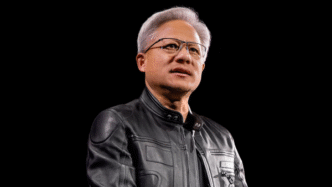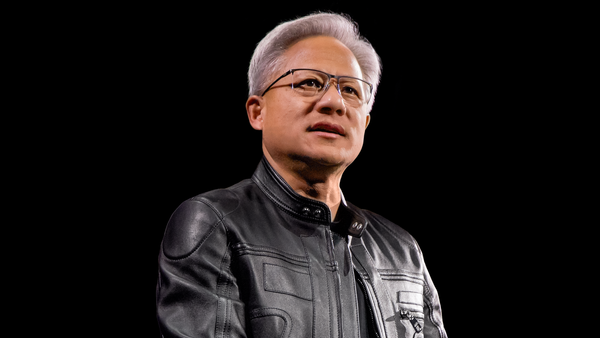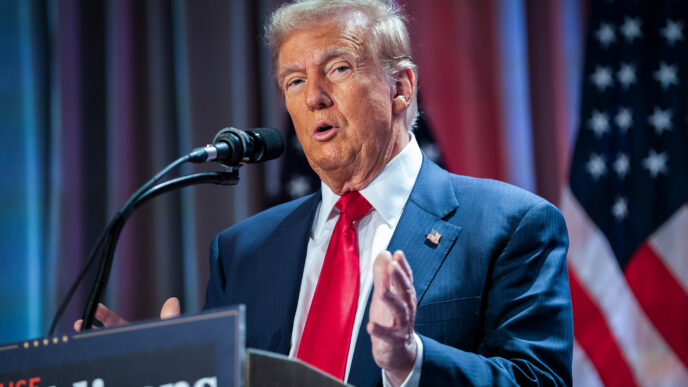India’s fast-rising deep tech ecosystem just got a major global boost. NVIDIA and Qualcomm Ventures have joined a billion-dollar coalition of U.S. and Indian investors to back India’s next generation of deep tech startups, marking a new phase in the country’s technology evolution.
The initiative, known as the India Deep Tech Alliance (IDTA), launched in September with more than $1 billion in combined commitments from U.S. and Indian venture firms. The timing aligns with India’s ambitious ₹1 trillion (about $12 billion) national program to accelerate research and innovation across sectors like AI, semiconductors, robotics, quantum computing, and clean energy.
While NVIDIA has joined as a strategic technical advisor without investing capital, Qualcomm Ventures has taken an investment role alongside six Indian venture firms, collectively pledging more than $850 million in fresh funding for early-stage deep tech ventures.
India’s startup scene, home to more than 180,000 startups and over 120 unicorns, has matured rapidly over the past decade. It has evolved from cloning Western business models to producing SaaS platforms that serve global clients. Now, the focus is shifting to deep tech innovation, startups building core infrastructure technologies from scratch, from satellites and semiconductors to energy and defense systems.
Despite this progress, funding for deep tech ventures remains scarce, largely because these startups require longer development timelines and specialized expertise. That’s where the new coalition comes in.
Spearheaded by Celesta Capital, a Silicon Valley, and India-based venture firm, the alliance brings together leading investors such as Accel, Blume Ventures, Premji Invest, Gaja Capital, Ideaspring Capital, Tenacity Ventures, and Venture Catalysts.
New additions include Activate AI, Chiratae Ventures, InfoEdge Ventures, Kalaari Capital, Singularity Holdings, and YourNest Venture Capital.
Together, the partners aim to channel funding, mentorship, and global networks into India’s emerging deep tech startups over the next five to ten years. They also plan to collaborate closely with the Indian government on its Research, Development and Innovation (RDI) scheme, ensuring alignment between policy, capital, and capability.
“It’s a coalition of the willing, wanting to support the development of the Indian deep tech ecosystem,” said Sriram Viswanathan, founding managing partner at Celesta Capital and member of the IDTA executive council.
Approved by India’s cabinet earlier this year and launched by Prime Minister Narendra Modi, the RDI scheme aims to fund frontier technologies, from energy transition and space tech to biotech and AI, through long-term loans, equity infusions, and investments in deep tech-focused funds.
“There’s a turning point in the Indian entrepreneurial ecosystem in favor of deep tech, and that’s what we’re all excited about.”
As part of the alliance, NVIDIA will advise startups and VCs on integrating its AI and accelerated computing platforms. It will host technical sessions, policy dialogues, and training programs through the NVIDIA Deep Learning Institute, helping Indian startups scale faster and build globally competitive products.
Though NVIDIA isn’t investing directly, its involvement is seen as a powerful validation of India’s potential in AI and semiconductor innovation.
“NVIDIA’s support is a significant endorsement of our collective objective to see India’s deep tech ecosystem thrive,” said Viswanathan.
Qualcomm Ventures, on the other hand, is joining the coalition as both an investor and strategic connector. Having invested in Indian startups since 2008, including MapmyIndia and IdeaForge, Qualcomm plans to go beyond capital by offering startups access to its partner networks, portfolio companies, and internal engineering teams.
“Collaboration with other VCs and alignment with government priorities in quantum, semiconductors, AI, and emerging tech is critical,” said Rama Bethmangalkar, India managing director at Qualcomm Ventures. “That’s what makes this alliance powerful.”
Despite the billion-dollar headline figure, the IDTA is not a formal fund. Each participating VC retains control over its own deals, with the alliance acting more as a collaborative network for knowledge-sharing and co-investments.
“We’re sharing insights, deal flow, and expertise, not pooling money,” Viswanathan clarified. “It’s a loose coalition of the willing.”
That flexibility allows investors to move independently while still building a shared ecosystem around deep tech innovation.
According to a Nasscom-Zinnov report, India’s deep tech funding surged 78% year-over-year to $1.6 billion in 2024, a strong signal of investor confidence. Still, that figure trails far behind the U.S. and other developed markets — something the IDTA hopes to change.
By bringing global tech giants like NVIDIA and Qualcomm into the mix, the alliance aims to attract more international capital and corporate venture participation, while giving Indian startups access to world-class infrastructure, mentorship, and markets.
“What we need are role models,” Bethmangalkar said. “Once the first wave of deep tech startups breaks through, more entrepreneurs will jump in, more investors will follow, and in ten years, these companies will be the backbone of India’s tech economy.”













